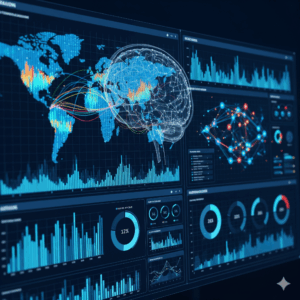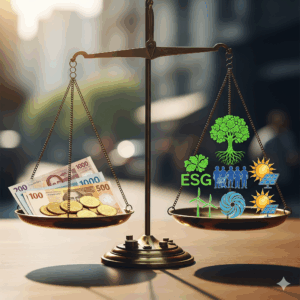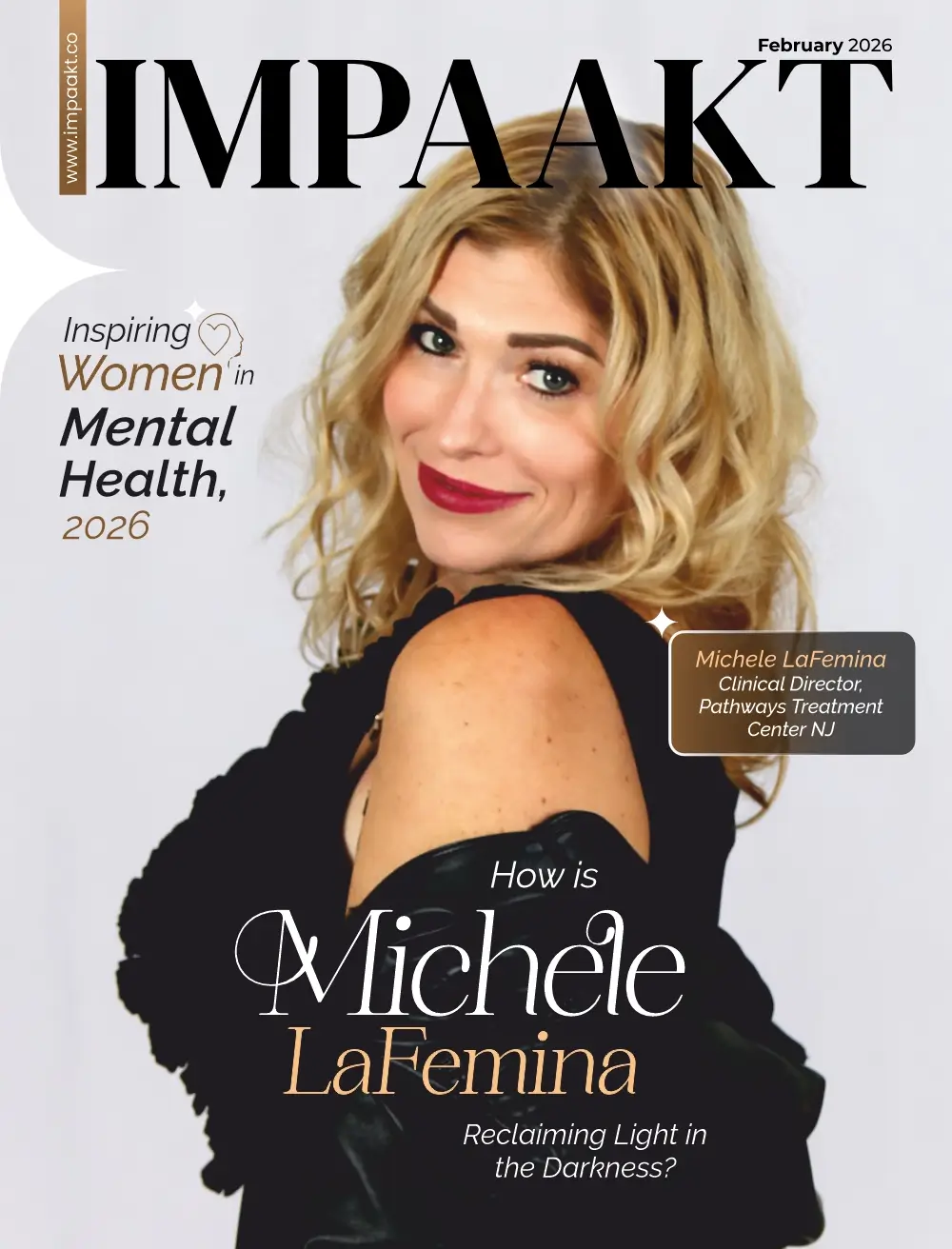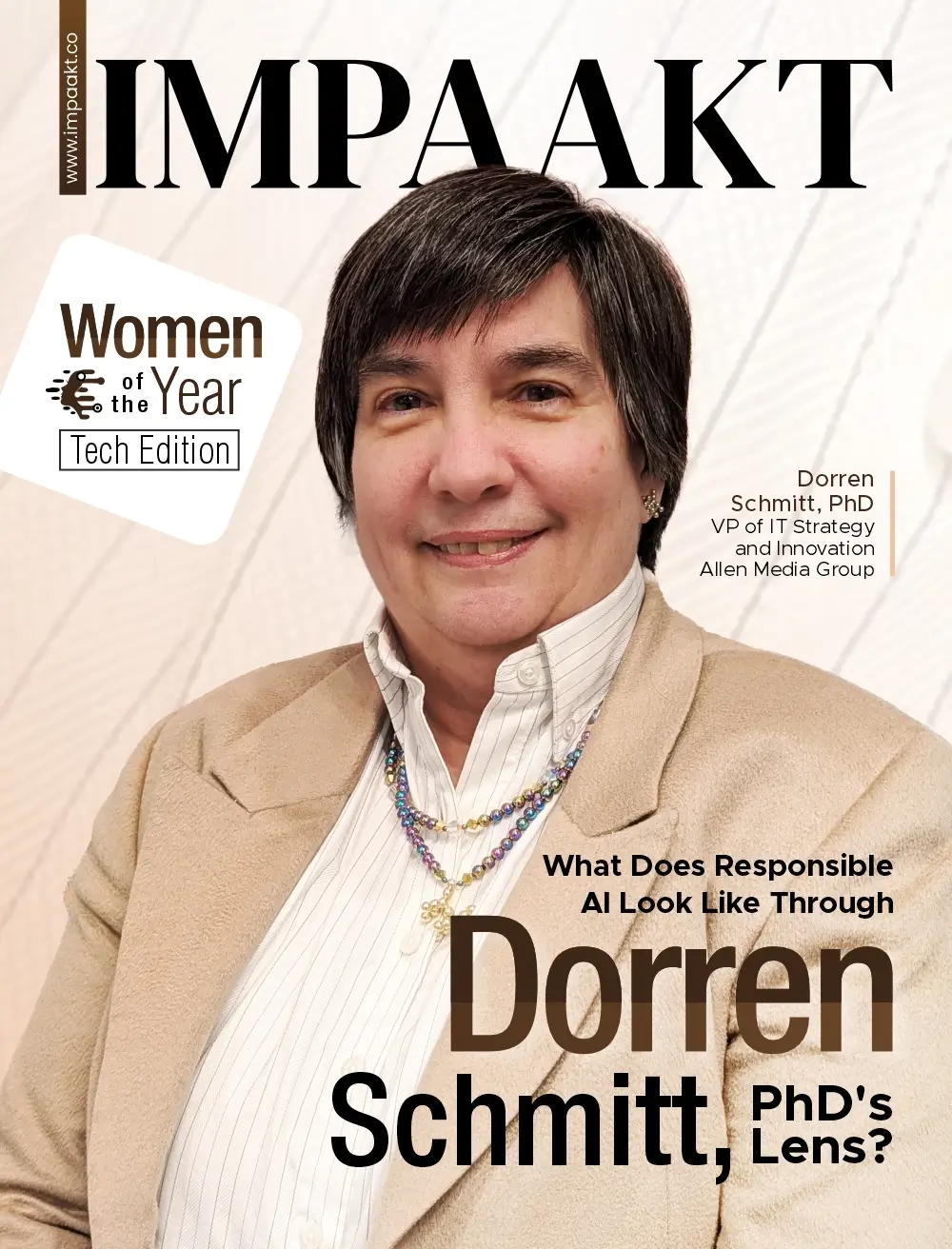Economic Influencers Redefining Strategy
In an age marked by digital disruption, globalization, and rapid technological advances, a new category of thought leaders is transforming how businesses operate. These individuals and networks, collectively known as the Strategy Syndicate, combine economic theory, data-driven insights, and practical expertise to challenge conventional wisdom.
Unlike traditional strategists, these economic influencers are not confined to one domain. They span across academia, industry, and digital platforms—bridging the gap between macroeconomic analysis and actionable corporate strategy. By shifting focus from short-term shareholder goals to long-term societal and economic resilience, they are reshaping the very architecture of business leadership.
Who Are the Economic Influencers?
At the heart of the Strategy Syndicate are diverse voices united by one mission: redefining business strategy for a volatile world.
-
Public intellectuals and economists: Thought leaders such as Mariana Mazzucato, who highlights the state’s role in innovation, and Thomas Piketty, whose work on wealth inequality informs global fiscal policies.
-
Industry veterans turned consultants: Former McKinsey, Bain, BCG, and Goldman Sachs executives who now advise on navigating economic cycles.
-
Academic experts: Professors at leading institutions who publish on organizational behavior, market dynamics, and foresight.
-
Digital strategy voices: TikTok-savvy economists and LinkedIn influencers who transform academic knowledge into real-world strategies.
This mix of backgrounds ensures that business strategy is no longer a narrow, backward-looking process but an evolving, data-informed discipline attuned to macroeconomic signals.
Key Themes Driving the Syndicate’s Influence
Data-Intensive Strategy by Economic Influencers
The Strategy Syndicate champions a shift toward data-driven decision-making. Big data, AI, and econometrics are being used to uncover signals missed by traditional frameworks.
-
Real-time trade analytics predict supply chain fluctuations.
-
Machine learning models capture consumer sentiment and purchasing power.
-
Feedback loops from digital platforms inform product pricing and design.
This approach replaces static planning with anticipatory systems, ensuring businesses remain agile in unpredictable markets.
Rethinking Value Creation
These influencers reject the outdated notion of prioritizing shareholders above all else. Instead, they embrace stakeholder capitalism, emphasizing that business success must align with societal well-being.
-
Integrating social and environmental metrics into investment models.
-
Promoting profit-sharing frameworks where community prosperity grows alongside corporate gains.
-
Encouraging public-private partnerships to fund infrastructure and innovation.
By redefining what value means, economic influencers help companies understand success beyond quarterly reports, reshaping prosperity itself.
Navigating Macro Shocks
From the COVID-19 pandemic to energy crises and geopolitical conflicts, macro disruptions have become constant. Economic influencers help companies:
-
Design antifragile systems that thrive under volatility.
-
Build diversified supply networks and hedge financial risks.
-
Move beyond static PESTLE models into scenario-based strategies that prepare for multiple futures.
This shift empowers companies to embrace uncertainty rather than fear it, creating resilience as a competitive advantage.
Case Studies: Strategy Syndicate in Action
Manufacturing Reinvention
A European manufacturer adopted AI-driven demand forecasting powered by commodity prices, freight data, and consumer demand indicators. With input from economic influencers, inventory was reduced by 30% while service levels improved—proving the power of macro-sensitive strategy.
Sustainable Energy Transition
One of the world’s largest fossil fuel companies, guided by sustainability economists, shifted its portfolio toward renewables. By issuing green bonds tied to ESG metrics, it balanced profitability with responsibility, exemplifying how economic theory drives ethical investment.
Retail Crisis-Proofing
A global retailer engaged macroeconomic strategists to restructure operations. They diversified suppliers by geopolitical regions, dynamically adjusted prices based on currency fluctuations, and simulated border closures. When political lockdowns struck, the company maintained continuity while competitors suffered losses.
The Future of Strategy and Economic Influencers
Democratization of Influence
Social media and open data platforms are expanding who participates in shaping economic thought. Economists from the Global South are now breaking barriers, challenging the Western dominance of strategy design.
New Metrics of Success
Carbon footprints, intangible assets, and social capital are becoming essential to business value. Economic influencers will lead the charge in embedding these new currencies into everyday corporate practices.
Continuous Strategic Iteration
Annual reviews are fading. In their place, companies will rely on continuous feedback loops—or “strategy platforms”—powered by macroeconomic signals. This will ensure businesses remain adaptive and future-ready.
Final Thoughts
The Strategy Syndicate represents more than just a group of experts; it is a paradigm shift in business leadership. These economic influencers combine empirical rigor, digital agility, and ethical responsibility to redefine strategy for a turbulent age.
Businesses that align with their vision will not merely survive disruption but may set the benchmarks for the future of global commerce. As the economic and social fabric of the world evolves, tuning into these voices could be the ultimate competitive edge.
Discover more about global strategy trends in IMPAAKT, the top business magazine.















